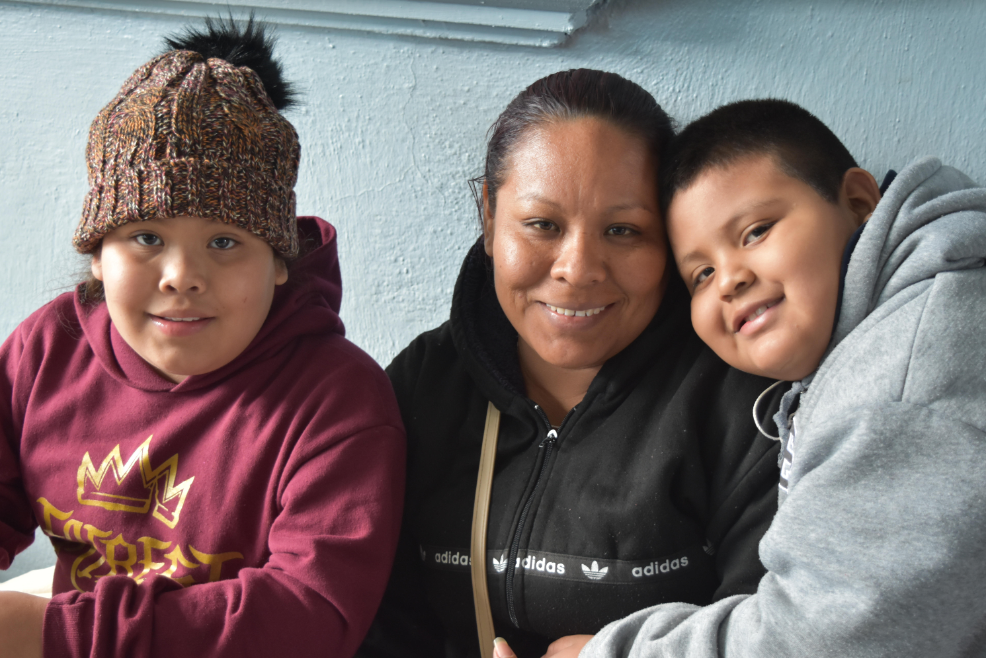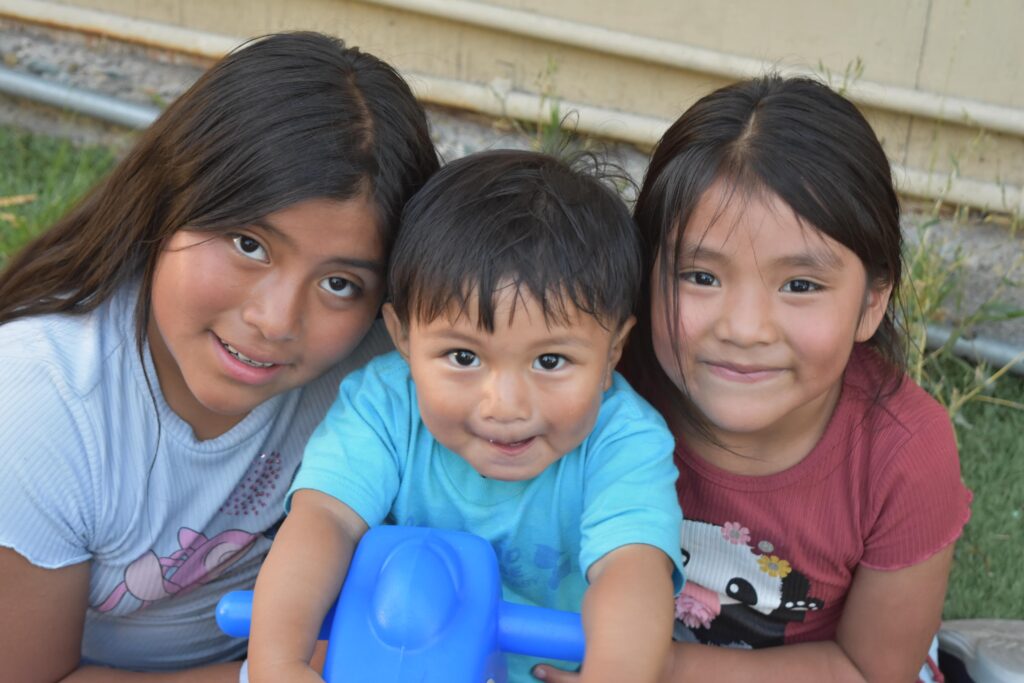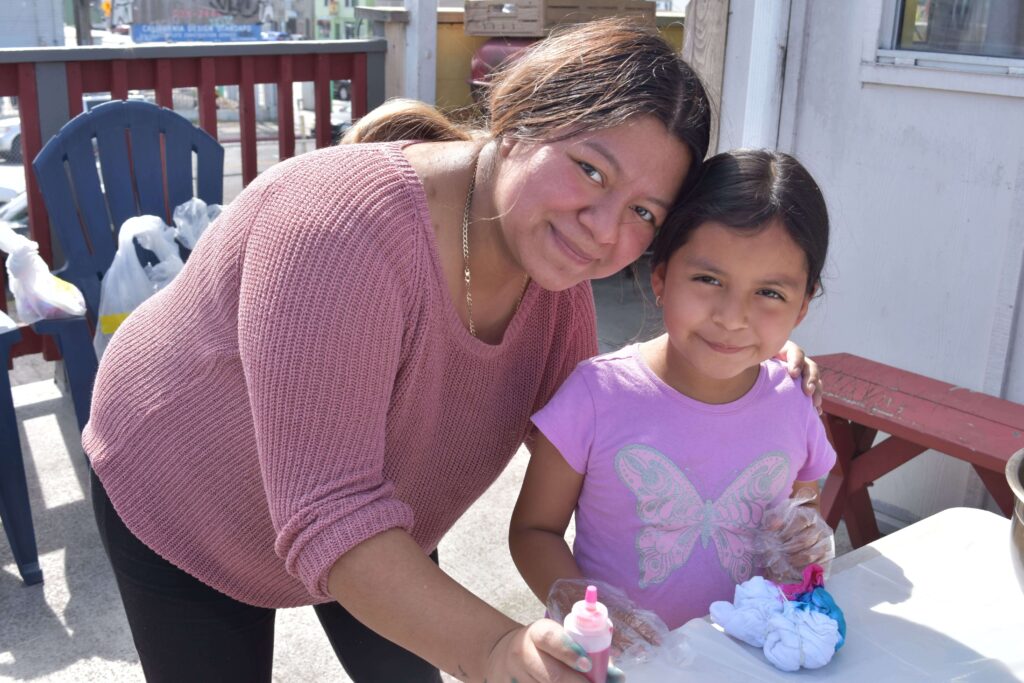About Us

“What we would like to do is change the world—make it a little simpler for people to feed, clothe, shelter themselves as God intended them to do. And by fighting for better conditions, by crying out unceasingly for the rights of workers, the poor, of the destitute-the rights of the “worthy” and of the “unworthy” poor, in other words—we can, to a certain extent, change the world. We can throw our pebble in the pond and be confident
that it ever widening circle will reach around the world.”
- Dorothy Day


More About Us
Our History
Over the years OCW has grown from offering simple shelter to becoming a trusted, multipurpose community center where immigrants and their children, from not only East Oakland, but all over the Bay Area know they are welcome, supported, and advocated for. These immigrants, who arrive at our front door often with only the clothes they are wearing, come to us after making treacherous journeys fleeing the unrelenting poverty, violence and oppression in their home countries of Mexico, Central and South America.
With our hospitality, which welcomes everyone, we offer to the immigrant community transitional housing, a large food security program, comprehensive social service/legal/medical/educational and job supportsm and leadership/advocacy opportunities to become self-sufficient and thrive. We do this in partnership with immigrant leadership and many faith-based and community organizations. We also organize community -building events that celebrate the strengths, diversity and cultural heritage of the immigrant community.
Our Why

OCW’s mission has been deeply shaped by witness of the lives of both our co-founders, Dorothy Day and Peter Maurin, and the Jesuit martyrs of El Salvador, who saw the crucified Christ in the suffering poor. Believing that these people have inherent worth and dignity, these witnesses to God’s mercy and justice gave their lives to taking the crucified persons down from the cross of poverty and oppression to which systemic injustices had consigned them. This rich spiritual legacy compels not only what OCW does, but how we do it. While we offer shelter and comprehensive life-building resources to the immigrant community, OCW is much more than a social service agency.
We accompany our immigrant families, walking side by side and living with them in community, sharing our common humanity on their challenging journeys to self-sufficiency in a new country and culture. In the process we become more to each other than service providers and clients. We are companions, the solidarity of our daily life lived together showing us how much we have in common, no matter what our differences may be. We discover that we really do belong to each other in the deeply interdependent, One World Family God has created us all equally to be an integral part of. Our core conviction that we belong to each other shapes everything we do and are at OCW. It is why we practice what our co-founders Dorothy Day and Peter Maurin called the “personalism” of the works of mercy, never relying on government solutions to solve the challenges of our unhoused immigrant families. The works of mercy enable us to take personal responsibility, to roll up our sleeves and work face-to-face with our brothers and sisters who have in anyway been pushed to the margins. As we do, we reflect back to them the inherent worth and dignity of their humanity, which is so often denied to them. Our biggest hope here is that they will feel significance and inclusion where before all they had known was great insignificance and exclusion.
At OCW, we also advocate for change in response to the Gospel mandate that more than just tending the wound, we must also eradicate its’ cause. We work for the justice, then, that will not only eliminate injustice, but will also create a new social order, a transformational culture of caring, justice and equity among us. Dorothy Day tells us that with each of our acts of mercy and justice, we build the bridge of love and compassion between people on which they can cross to a new, resurrected life. At OCW this bridge supports and empowers our immigrant families’ journeys to the human rights, equity, respect and justice they risked everything for in their challenging journeys to, and within, this country.